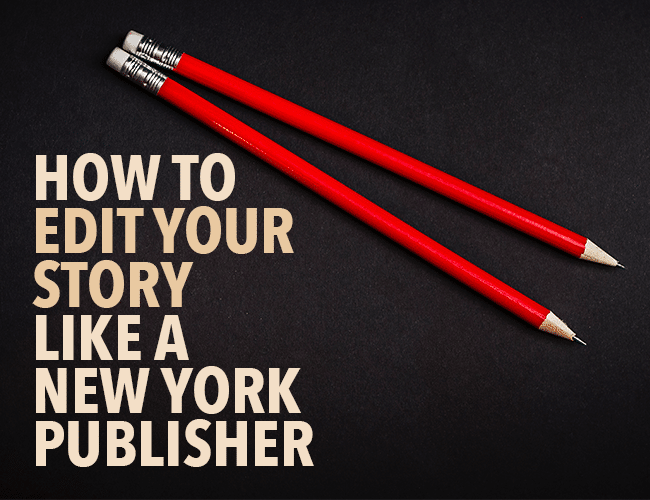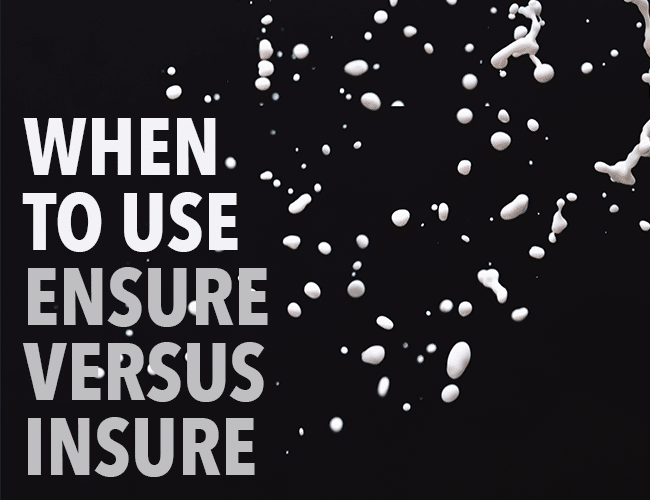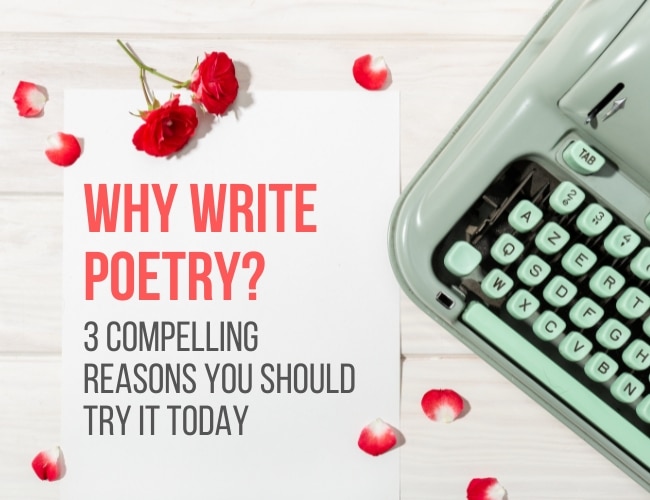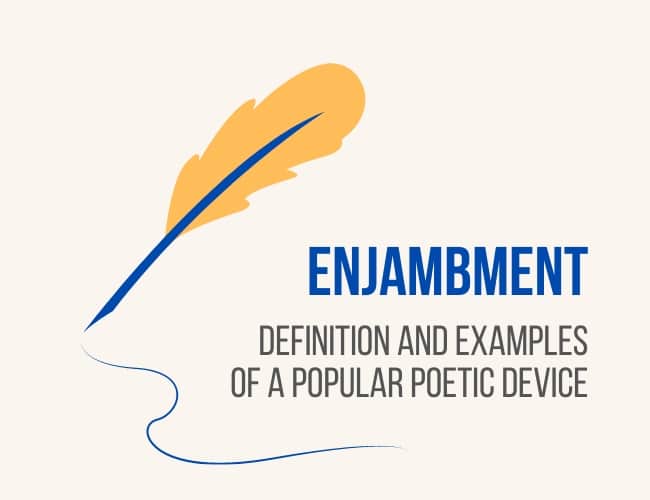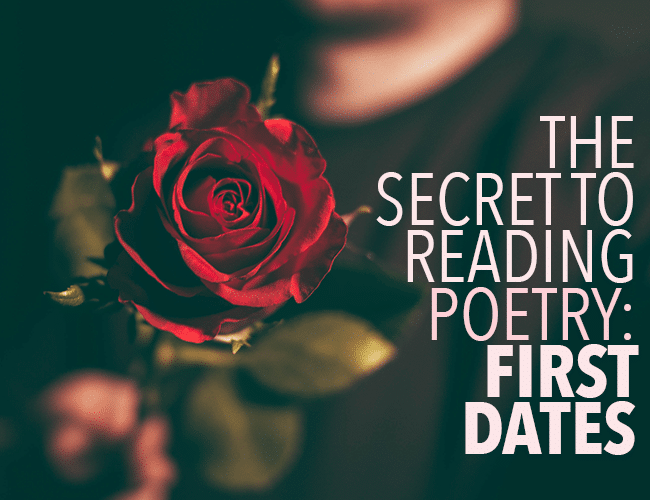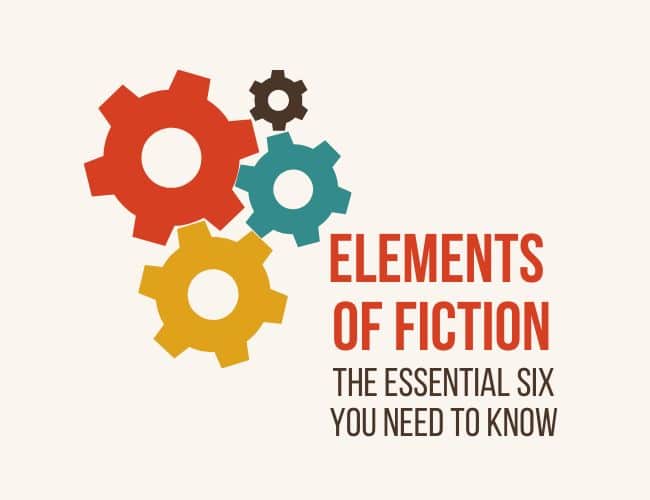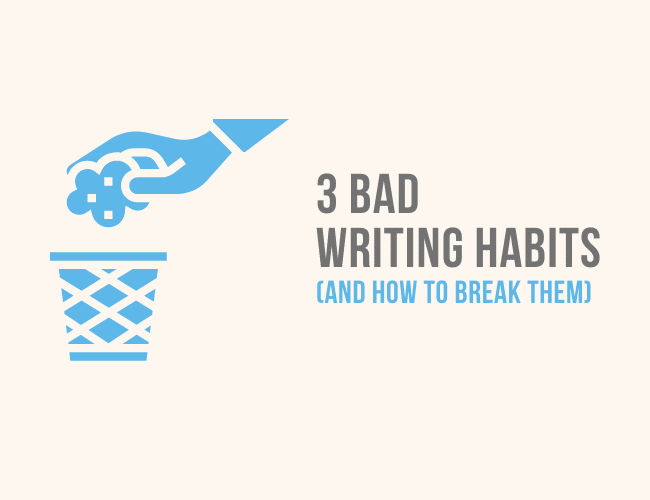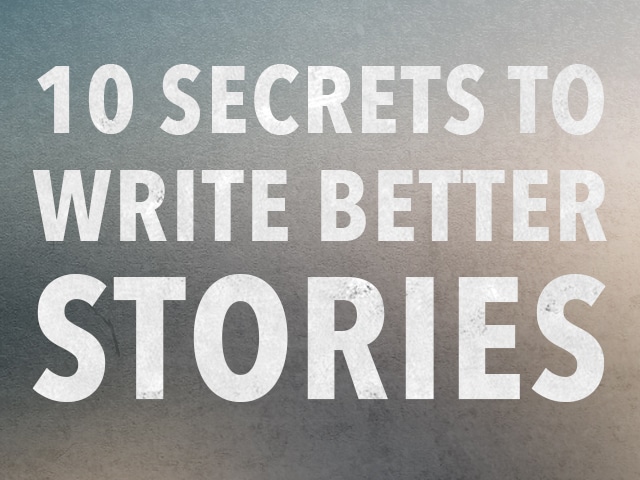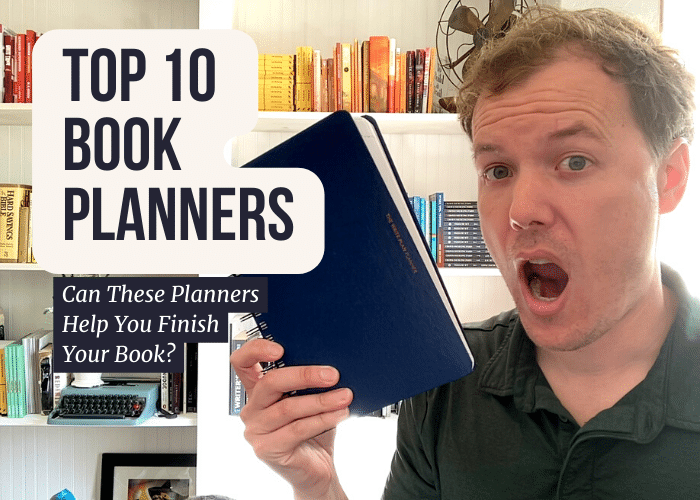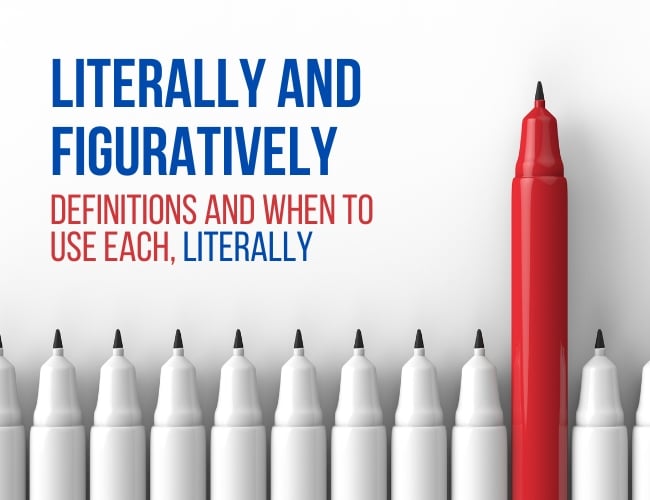You have finished writing the first draft of your story, a version of your whole story from beginning to end. Now it is time to edit, to revise your words to make your story clear and compelling, so the reader will continue reading after the first sentence.
Editing your story might feel like an impossible task, but when you have a strategy to use, you can be confident you can edit your own story and improve your writing.
Whatever you do, do not skip the important step of editing your first draft. According to David Remnick, the editor of The New Yorker, “Revision is all there is.”
